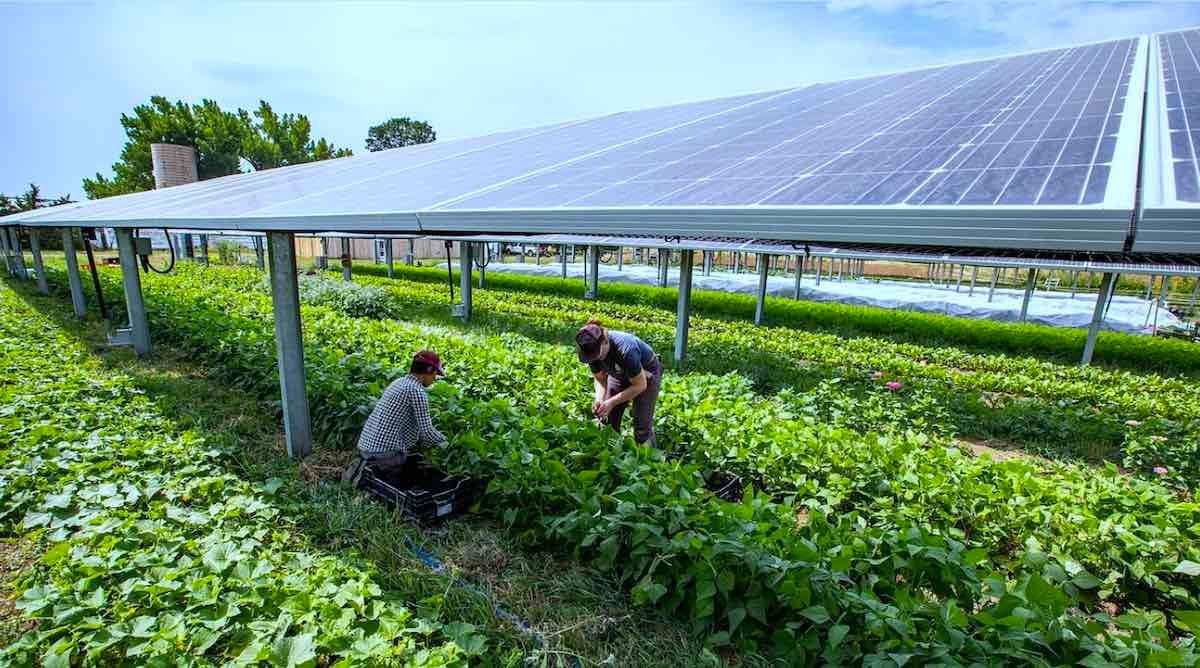Earthquakes Rock Southern Region of the Island
A series of ten earthquakes, the strongest of which measured 5.8 on the Richter Scale, were felt across the south of the Island Monday morning. In addition to causing a blackout that left thousands without power, the tremors also led to states of emergency being declared in Guánica, Ponce, Yauco, Mayagüez and Guayanilla, after it was determined that they caused structural damages to multiple residences. Additionally, the start of the school year has been delayed, from January 9 to January 16.
After the earthquake, Governor Wanda Vázquez Garced declared that she is in “direct communication” with the affected parties, including the mayors of Guayanilla and Guánica, as well as Victor Huérfano, director of Puerto Rico’s Seismic Network.
As New School Year Looms, Puerto Rico Education Department Still Seeks to Fill Vacancies
While the Puerto Rico Department of Education has managed to fill 245 of the 435 vacancies created last year due to teacher retirements, it still must hire 190 teachers before the school year begins this month. Despite the tight deadline, Secretary of Education Eligio Hernández Pérez expressed confidence in the department’s ability to fill the vacancies by the upcoming week.
Puerto Rico Ranks Low in World Bank Tax System Study
A study by the World Bank and the international accounting firm PricewaterhouseCoopers (PwC) has concluded that 86% of countries or independent jurisdictions possess tax systems less onerous and easier to administer than Puerto Rico’s. Puerto Rico ranked 163rd out of 189 jurisdictions studied. According to the study, a low ranking can deter multinational corporations from investing or locating manufacturing centers in a jurisdiction.
The study measured four criteria: tax burden (both corporate and individual); the amount of time it takes to fulfill tax obligations; the amount of payments issued by taxpayers; and an index measuring the government’s efficiency when it comes to dealing with corrections in tax returns and refunds. Despite multiple amendments to its tax code, Puerto Rico has not had success in increasing the competitiveness of its tax system.
Puerto Rico Experienced a Minor Population Increase in 2019
Puerto Rico’s population increased by an infinitesimal amount (0.01%–or, 340 inhabitants) from 2018 to 2019, the Puerto Rico Institute of Statistics announced. While the recent population increase is minor, it stands in contrast to recent trends. Since 2004, Puerto Rico’s population has dropped by more than 630,000 people, with Hurricanes Irma and Maria, and the tepid federal response to them, creating further incentives for emigration. The net migration loss spiked to 123,000 from 2017 to 2018. Even so, several projections predict that the Island’s population will fall to fewer than 3 million residents by 2050.
Share
STAY IN THE LOOP
Subscribe to our free newsletter.
La organización BoricuaActivatEd celebró su séptimo aniversario con reconocimientos al líder de la red evangélica Esperanza y de la comunidad boricua de Filadelfia, Luis Cortés, y el legendario artista Antonio Martorell. Cortés, premiado por su
tudy: Economy leading factor for Puerto Ricans moving to Florida A new survey unveiled Monday in Washington, D.C. sheds new light on factors contributing to Puerto Ricans moving to the state of Florida. The Puerto
New federal funds for solar, battery storage announced The Department of Energy (DOE) on Thursday announced a conditional commitment to finance new solar and battery storage facilities on the southern coast of Puerto Rico. The investment




